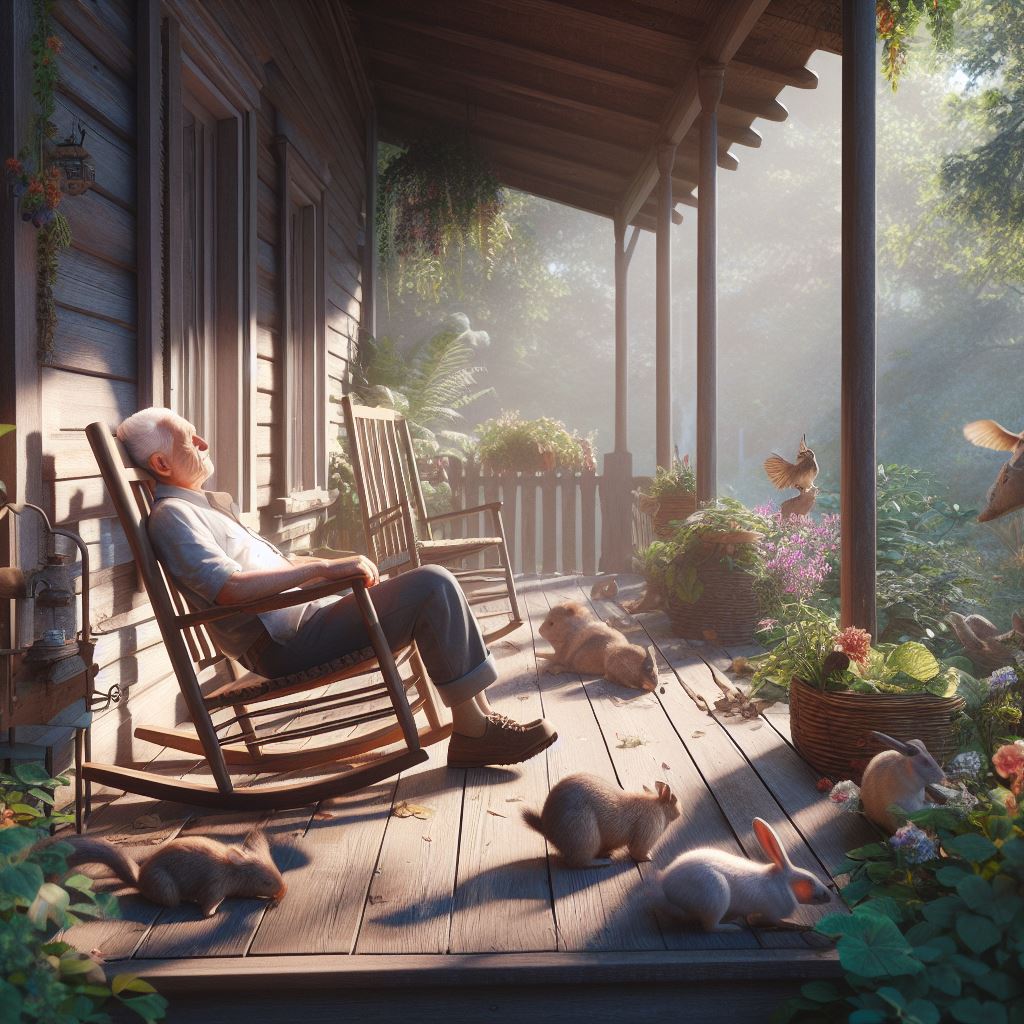
Why do we sleep less as we get older?
Mike MunayShare
The science behind our deteriorating sleep quality
You've probably noticed when observing older people, or those approaching old age, that they're sleeping fewer and fewer hours. But not fewer hours overall, as they likely sleep quite a bit throughout the day, even with several naps. We're referring to fewer consecutive hours during the main sleep phase, at night.
It's a progressive, gradual, and slow process, but it affects most older people. While a young, active person can sleep without a break for 8, 9, 10, or more hours (if they can afford it), it's rare to see older people sleep more than 6 hours at a time.
In this regard, there are multiple factors that can influence the duration and quality of sleep, but there is one that is inherently related to aging and has a direct impact: Melatonin production.
Melatonin is a hormone produced by the pineal gland of the human brain, and is produced from tryptophan, one of the 9 essential amino acids in the human body.
Essential amino acids are key building blocks that our bodies can't make on their own; they only reach us through what we eat. Among them, tryptophan is a crucial link: without it, the machinery that produces melatonin can't get going. The connection is clear: a balanced diet promotes the production of this hormone and, with it, the possibility of deep rest. And while eating well won't prevent you from sleeping fewer hours at a time over the years, it can slow down that change, giving you more time to enjoy long, restful nights.
Returning to sleep, melatonin is closely linked to the circadian rhythm, the internal clock that signals when it's time to sleep and when to wake up. In practice, when melatonin production decreases, the body signals the start of wakefulness earlier: the night "shortens" even if we haven't rested enough. The result is clear: less melatonin means sleep tends to be interrupted earlier, reducing the number of consecutive hours we manage to sleep.
This aging process creates a vicious cycle: with less melatonin, sleep becomes shorter; with less sleep, physical and mental recovery suffers; and this wear and tear, in turn, accelerates aging, further reducing melatonin production. And so the wheel keeps turning.
This is why it's common to see older people feeling very tired, as their sleep quality becomes increasingly poorer with age, as they wake up earlier and earlier. This is why it's easy to see grandparents falling asleep very easily in any situation.
Reflection
Take care of your rest and your diet to age well and as late as possible. If you want to consume foods rich in tryptophan, try animal proteins, dairy products, legumes, nuts, and soy.
